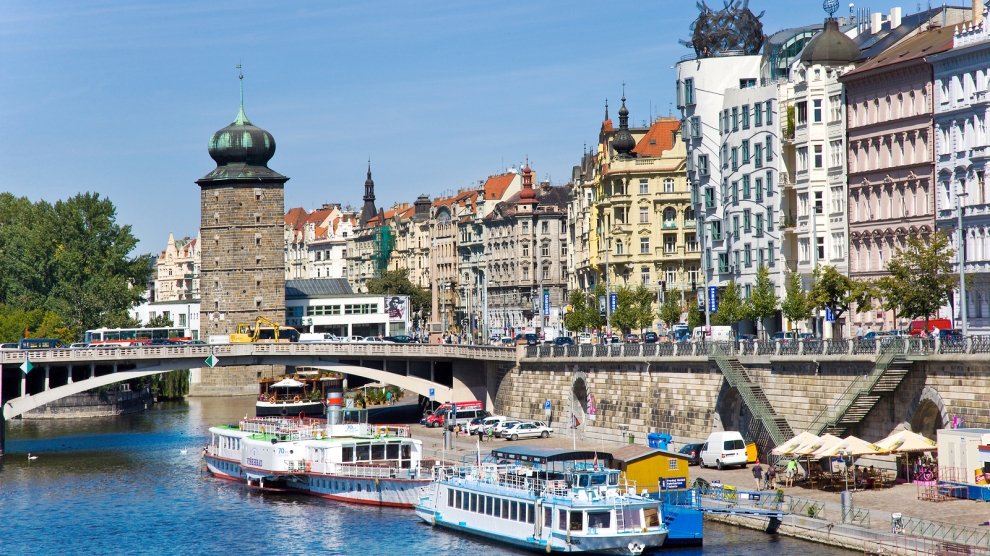The Czech Republic is the most sustainable country in Central and Eastern Europe, according to the 2019 Sustainable Development Report, published by the United Nations together with the Bertelsmann Stiftung and the Sustainable Development Solutions Network (SDSN).
Countries in the report were evaluated on 17 key criteria for sustainable development, including eliminating poverty and hunger, establishing quality education, providing access to clean water and sanitation, promoting responsible consumption and production, having access to a decent workplace and contributing to the economic growth.
Four years after the adoption of the Sustainable Development Goals (SDGs) and the Paris Agreement, no country is on track to meet all the goals. Overall, emerging Europe’s countries obtain their best performance when it comes to erasing poverty and promoting affordable and clean energy. But compared to other regions, when it comes to the rule of law, peace, justice and strong institutions, CEE lags behind, due to relatively high perceived corruption in some countries, poor freedom of speech or insecurity.
The Czech Republic scored best in the No Poverty index, having already met the criteria for achieving this goal. However, major challenges remain in the area of Climate Action, although only Latvia performed slightly better.
Estonia (10th), Slovenia (12nd), Croatia (22nd), Belarus (23rd), Latvia (24th) and Hungary (25th), are in the top 25, while Montenegro closes the index, ranking only 87th.






[…] Travel | July 15, 2019 | No Comments […]